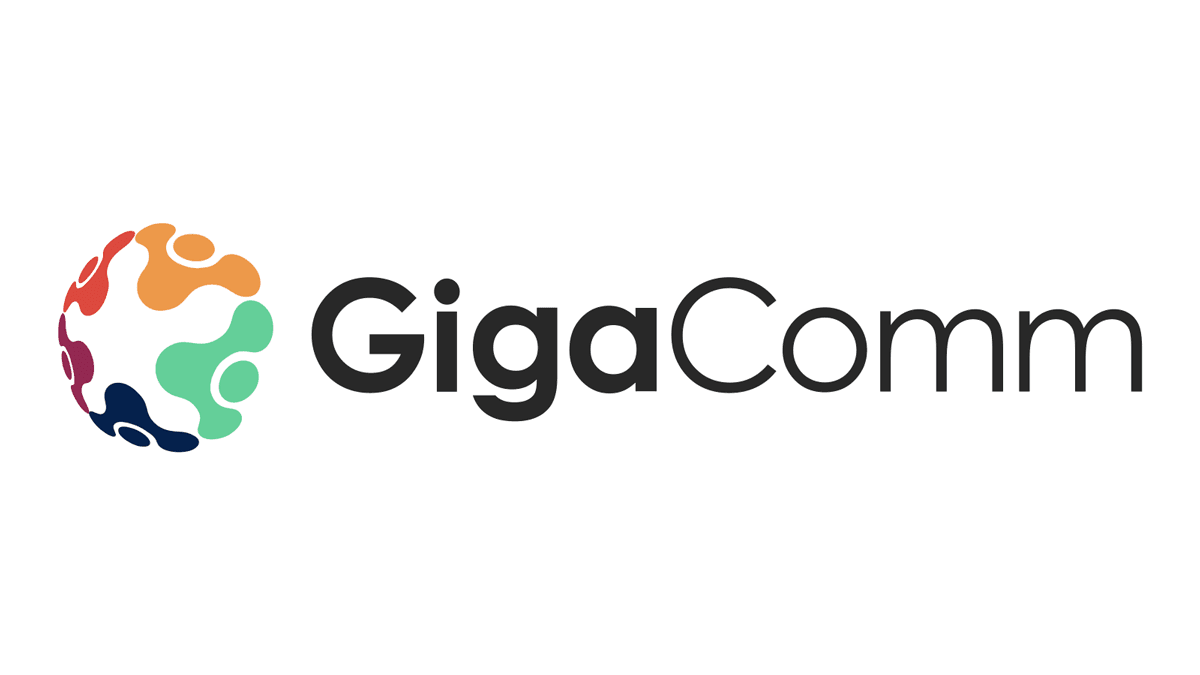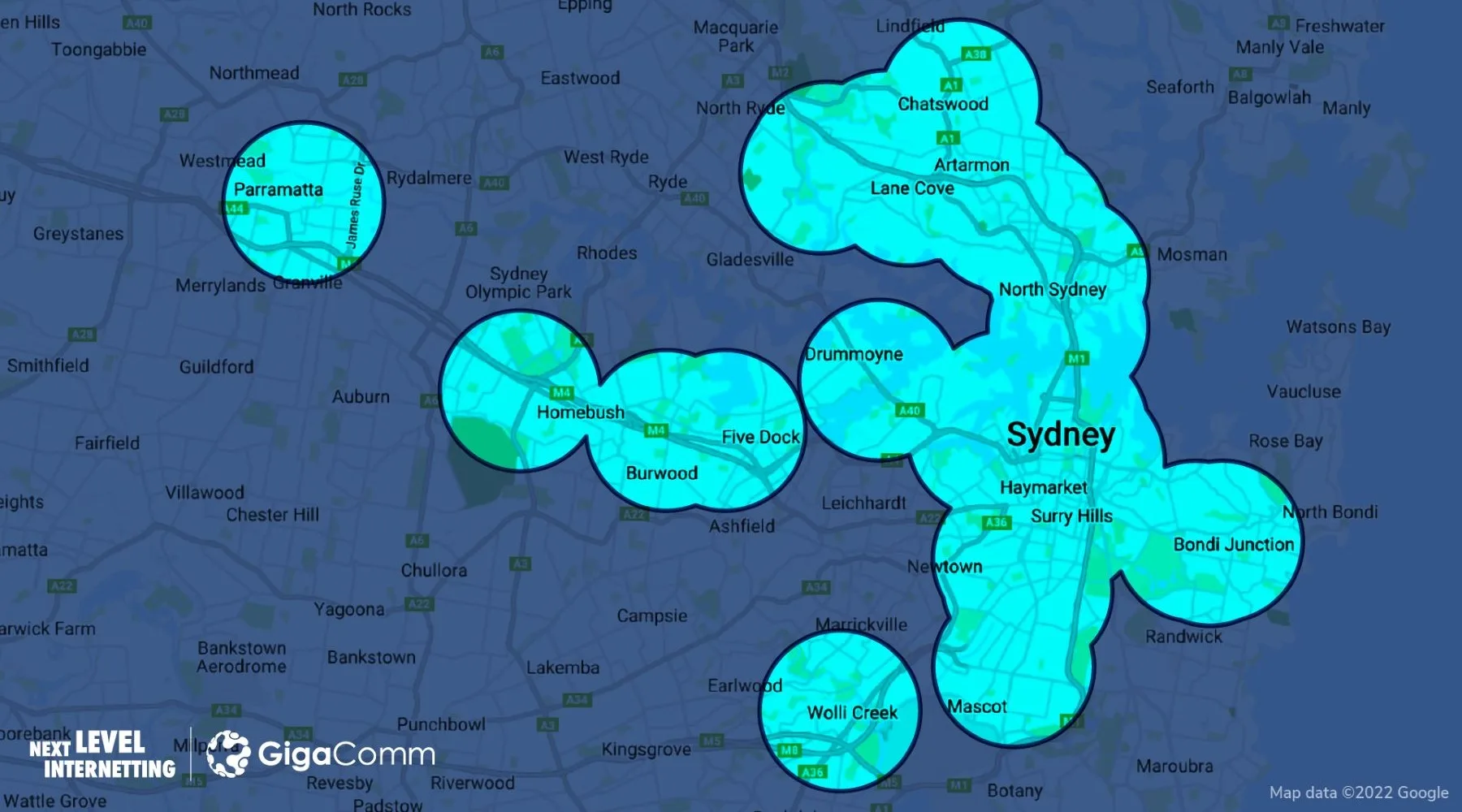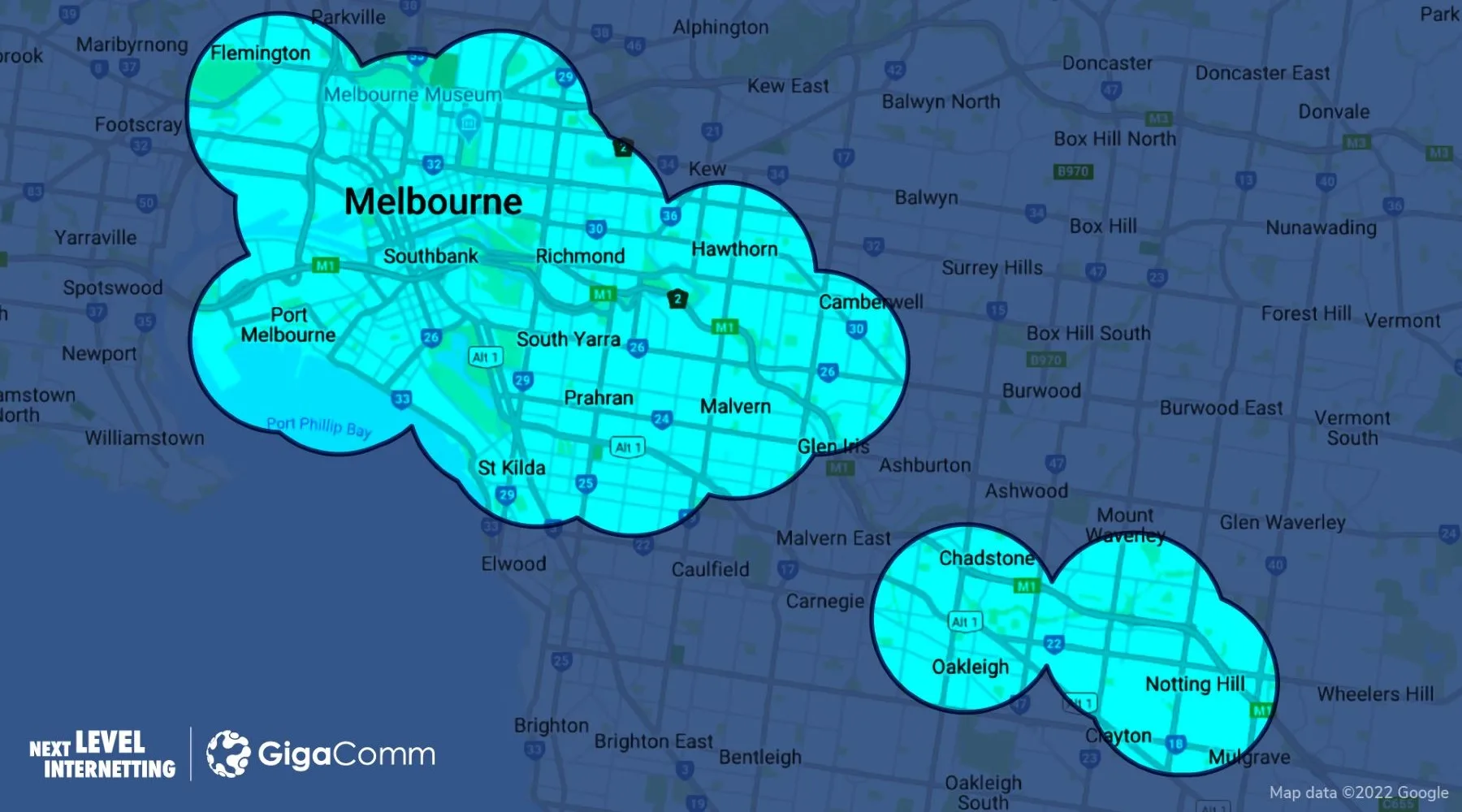Australian internet trends for 2023 you need to know

New year, new online trends. Discover everything you need to know for 2023 as an internet user in Australia.
 Sponsored by GigaComm. A new non-nbn network, capable of consistently delivering speeds up to 10 times faster than the Australian average connection. Join today and get $20 off for your first 6 months on any FTTx plan. Use promo code SPECIAL20.
Sponsored by GigaComm. A new non-nbn network, capable of consistently delivering speeds up to 10 times faster than the Australian average connection. Join today and get $20 off for your first 6 months on any FTTx plan. Use promo code SPECIAL20.
In 2023, the internet is tightly – almost inextricably – linked to the way we run our everyday lives.
That's why it's important to keep up with key trends and the latest developments in the online world. Let's take a closer look at what you need to know for 2023.
1. Online speed is going to be even more essential
One of the big challenges facing internet users today is that high-speed connections are assumed to be the norm.
Websites and other online resources are designed with speed in mind. Downloadable files are inordinately large. There's an increased emphasis on data-hungry video content and home pages aren't well-optimised behind the scenes. Why bother when the end user's internet speed is just going to smooth over the cracks anyway?
But this doesn't always align with the reality of a lot of Australian internet connections. Currently, Australia ranks as #73 for internet speed in the world, with an average speed of 88.77 Mbps
Now, this is not to say that all web designers are lazy or that 1999 was somehow a utopia for UX on the internet (it definitely wasn't).
But it does mean we can expect to see bloat like this continue for some time.
It also means that investing in a provider that can offer you faster speed for your connection may be a worthwhile option for 2023, irrespective of what type of internet user you are. It's not just about using the internet effectively today – it's also about futureproofing your connection.
For some, this will mean upgrading their plan. For others, it may mean switching providers is in order.
Let's look at GigaComm as an example of an internet provider.
It's an independent company that leverages a combo of fibre and wireless tech to create a non-NBN network. It offers ultra-fast speeds of up to 1,000Mbps, which is also at an ultra-low latency (2–4ms on average).
Now for the layperson, this means GigaComm can offer speeds of up to 10 times faster than the Australian download average. The low latency also means it's a viable option for high-data activities like online gaming.
GigaComm is available in specific suburbs of Sydney and Melbourne, with wider availability planned in the near future.
The maps below provide a guideline for coverage. You can also check availability at your address on their website.


2. Combat rises in internet pricing
In 2023, we may see some price hikes from internet providers.
In fact, it's already started. A late 2022 report from the ACCC noted price rises of up to 9% during the 2021/2022 financial year, also noting that service levels had not significantly changed.
Given the wider cost of living rises at the moment, it's not unreasonable to expect this to continue for this year too.
Of course, this means it can also be a great time to shop around for a new provider.
To point to an example, GigaComm is offering a discount of $20 per month off any FFTx plan for the first 6 months to new members when you use the code SPECIAL20.
This means that their entry plan comes in at $59 per month while offering speeds up to 4 times faster than the median in the country.
It's important to look around for a plan that suits your needs specifically. You shouldn't feel like you need to stick it out with your current provider and take the hit to your wallet.
3. Cybersecurity threats will continue to evolve
76,000 cyber crimes were reported in the 2021/2022 financial year in Australia, though the real total may be much higher. This number doesn't account for cyber crimes that went unreported – or for those that are ongoing and the victim simply doesn't realise it yet.
It also doesn't look likely to slow down in 2023. The relative ease with which social engineering attacks can be carried out today means it's a viable means for cyber fraudsters to reach victims.
They're also likely to grow more sophisticated and will fool even experienced internet users.
A primary reason is that a lot of modern networks are far more open than in previous decades, whether at home or in the office.
With the Internet of Things, BYOD policies and the increased reliance on the cloud, things are much more convenient for the end user. But they're also more vulnerable to attack.
So for 2023, make it a priority to get educated on cybersecurity for yourself and your workplace.
4. Cloud computing
Harnessing computing power effectively and equitably has traditionally presented a big challenge for businesses.
Computers are expensive and not everyone needs a top-of-the-line device all the time to perform their job.
Enter cloud computing.
Though the cloud tends to be most associated with storage, cloud-based tech can be harnessed for a variety of different purposes – including processing power.
In practical terms? A speedy internet connection can superpower a computer to perform tasks it just wouldn't be able to carry out otherwise.
Given the increased numbers of Australians working from home over the last few years and the popularity of BYOD policies, cloud computing will likely enjoy a boom in 2023.
If you're looking at using cloud computing more often, you may also want to check the upload – as well as the download – speed for your plan.
As one example, GigaComm plans offer 50 Mbps upload and have the option to double that for an extra $20 per month.
5. Greener tech
The internet has been a great innovation for humankind but it's also had quite an impact on the environment – all of the 0s and 1s don't just appear into the aether.
Now, any conversation about making the internet "greener" will have to be multifaceted. It's a conversation that encompasses the type of energy supply used, how tech is manufactured, electronic waste and even how websites are designed and used.
But given the wider conversations happening about climate change, this will likely have flow-on effects for the internet too.
In 2023, we're looking forward to seeing companies look for greener ways to run their business online.
Learn more about GigaComm
 Sponsored by GigaComm. A new non-nbn network, capable of consistently delivering speeds up to 10 times faster than the Australian average connection. Join today and get $20 off for your first 6 months on any FTTx plan. Use promo code SPECIAL20.
Sponsored by GigaComm. A new non-nbn network, capable of consistently delivering speeds up to 10 times faster than the Australian average connection. Join today and get $20 off for your first 6 months on any FTTx plan. Use promo code SPECIAL20.
Get rewarded $$ for switching with Finder Rewards
Find a better deal, save on your bills and get a free gift card. Sign up to be the first to hear about new Finder Rewards.
